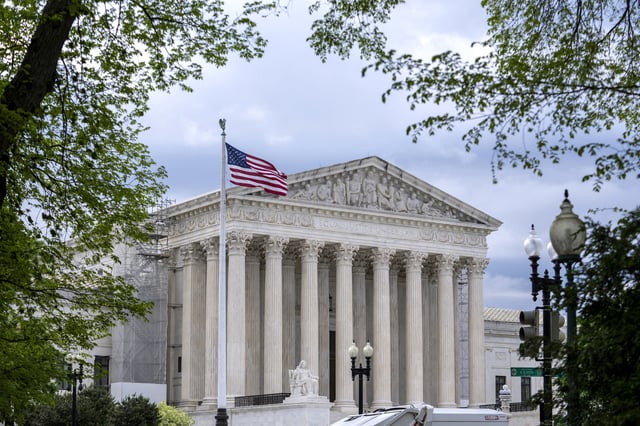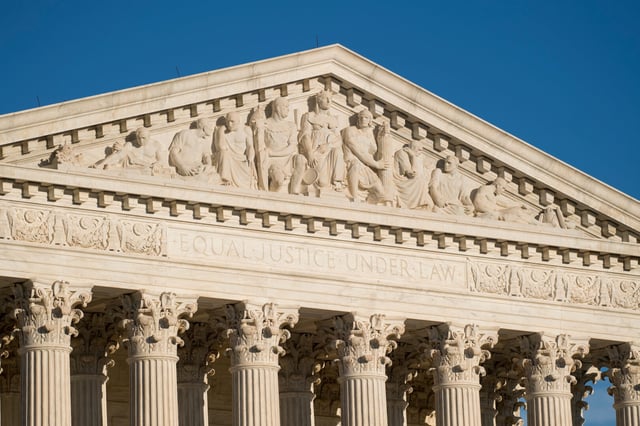Overview
- The Court granted review of Bost v. Illinois Board of Elections to decide if Rep. Mike Bost and two GOP presidential electors have Article III standing to challenge Illinois’ late-arriving mail-in ballots law.
- Illinois allows ballots postmarked on or before Election Day to be counted up to 14 days later, a window Bost argues dilutes his votes and forces extra campaign spending.
- A federal district court and a divided 7th U.S. Circuit panel dismissed the lawsuit for lack of standing, finding no concrete injury to the plaintiffs.
- At least 17 states and several territories use similar post-Election Day ballot-count windows, making their laws vulnerable to parallel legal challenges.
- Oral arguments are slated for the Supreme Court’s October term with a final ruling expected by June 2026, potentially reshaping candidates’ ability to sue over state election rules.



